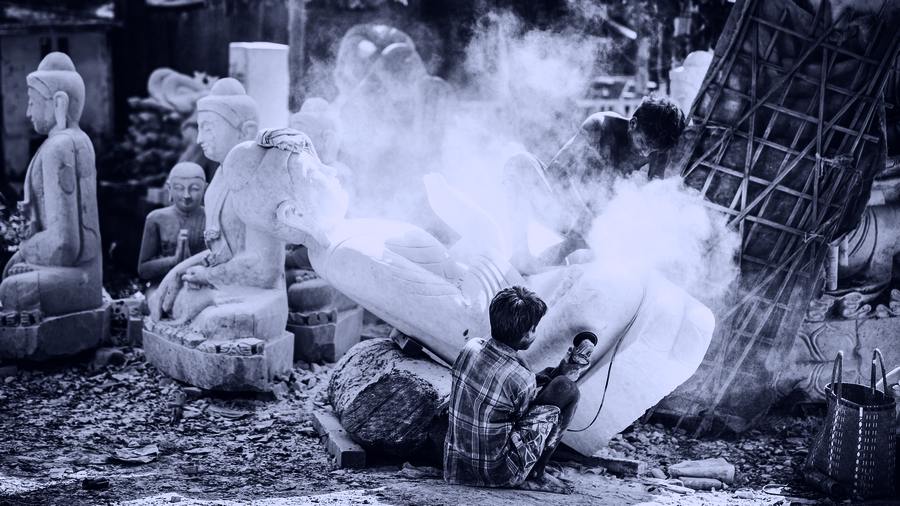Thus have I heard. On one occasion the Blessed One was dwelling at Savatthi in Jeta’s Grove, Anathapiṇḍika’s Park. Then, when the night had advanced, a certain devatā of stunning beauty, illuminating the entire Jeta’s Grove, approached the Blessed One. Having approached, he paid homage to the Blessed One and stood to one side. Standing to one side, that devatā recited this verse in the presence of the Blessed One:
“One who has sons delights in sons,
One with cattle delights in cattle.
Acquisitions truly are a man’s delight;
Without acquisitions one does not delight.”
The Blessed One:
“One who has sons sorrows over sons,
One with cattle sorrows over cattle.
Acquisitions truly are a man’s sorrows;
Without acquisitions one does not sorrow.”
For a longer sutta on this topic, read MN 87 Piyajātika Sutta.
Read this translation of Saṁyutta Nikāya 1.12 Nandatisutta: Delight by Bhikkhu Bodhi on SuttaCentral.net. Or read a different translation on SuttaCentral.net or DhammaTalks.org. Or listen on PaliAudio.com or SC-Voice.net. Or explore the Pali on DigitalPaliReader.online.
Or read a translation in Deutsch, Italiano, Português, Русский, Srpski, বাংলা, Català, Español, Bahasa Indonesia, 日本語, မြန်မာဘာသာ, Norsk, Polski, සිංහල, ไทย, Tiếng Việt, or 汉语. Learn how to find your language.




